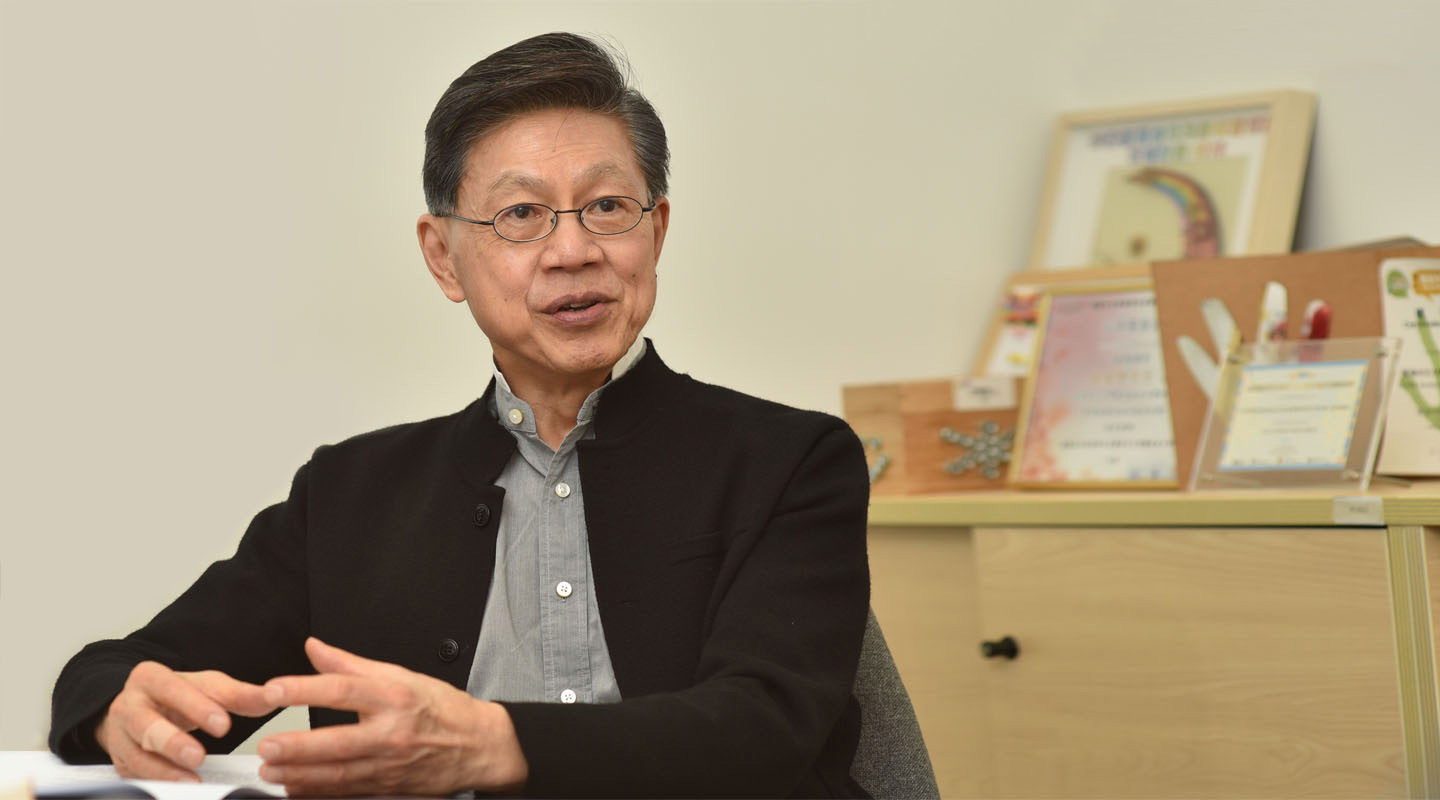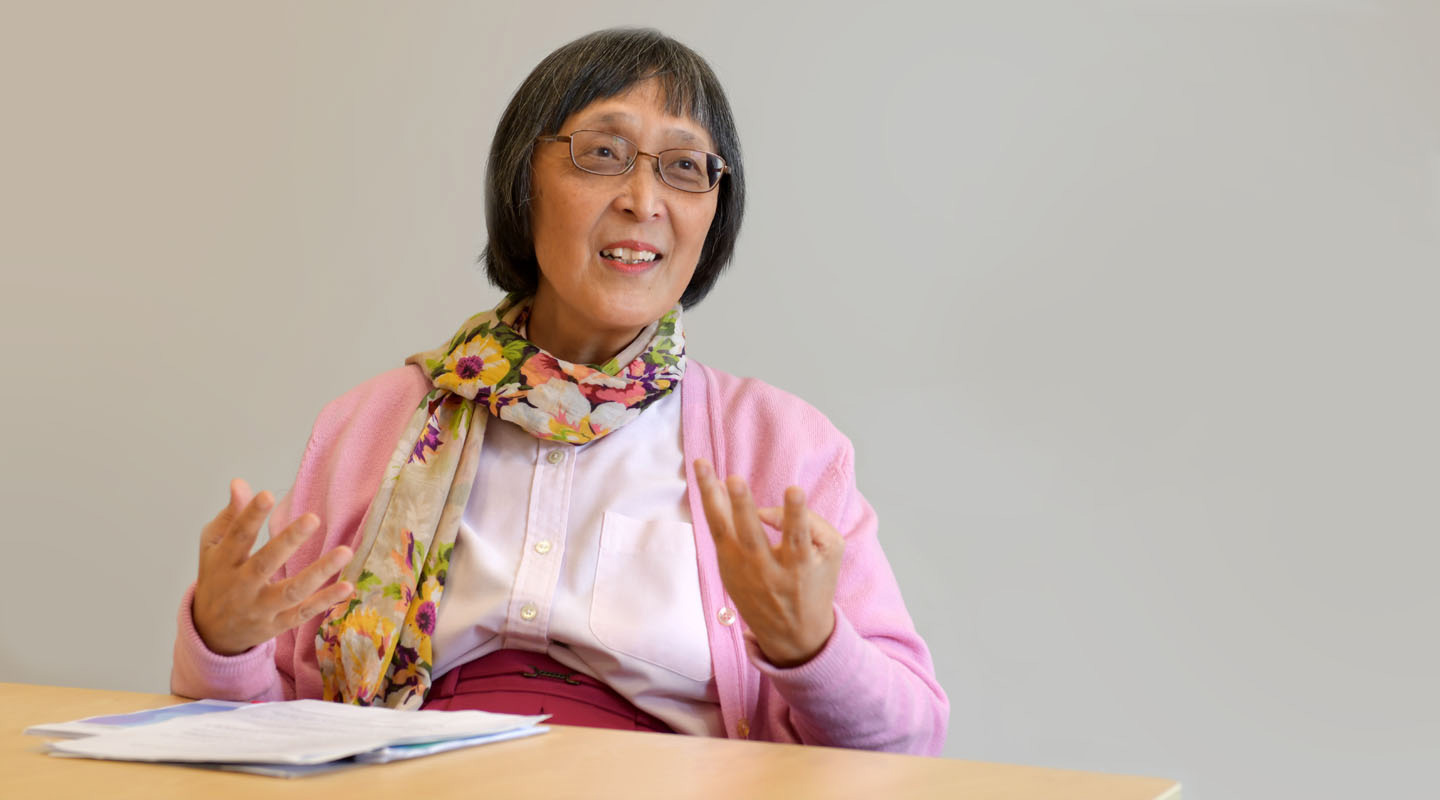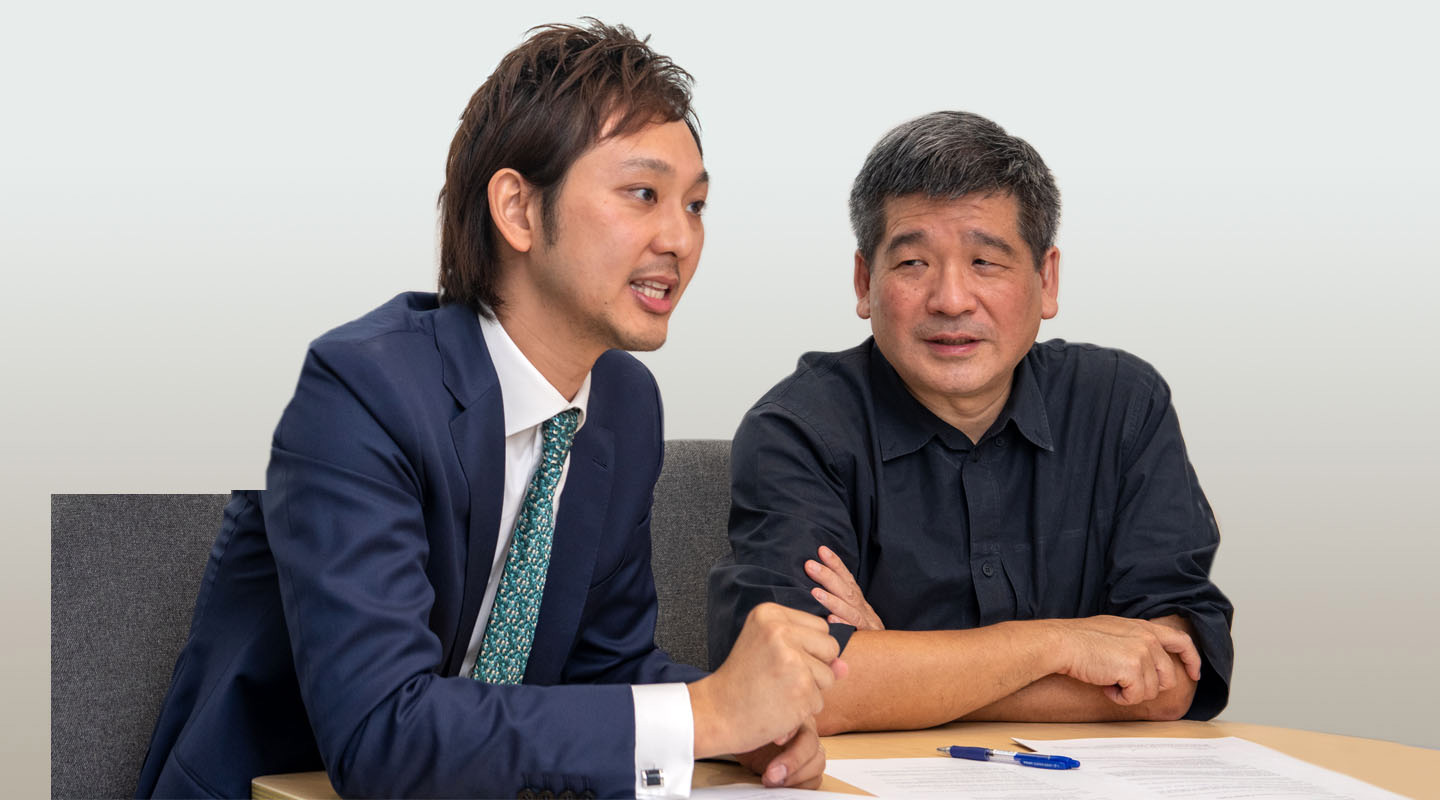The Elephant in the Pandemic
The Institute of Health Equity scrutinizes the disparities found in COVID-19

Hong Kong has been in the grip of COVID-19 for nearly half a year, and it seems that Hygieia, the goddess of good health, has finally taken a shine to this metropolis. While thankfully the pandemic has dialled down extensively during these past few weeks, COVID-19 has revealed several societal problems that have lain dormant for quite some years. The chief of these is health equity.
‘Much as we wish for everyone to be healthy and well, health disparities between different social and demographic groups in Hong Kong are getting more and more serious. It is something that society should not ignore,’ remarked Prof. Yeoh Eng-kiong, professor of CUHK’s Jockey Club School of Public Health and Primary Care and co-director of the Institute of Health Equity (IHE).

IHE was established in January to conduct research, inform government policies, and devise intervention programmes to promote health equity in Hong Kong. Collaborating with world-leading health equity expert Prof. Sir Michael Marmot of the University College London and spanning a wide spectrum of disciplines, it aims to develop effective frameworks to build Hong Kong into a health equity-conscious hub.
The concept of health equity can prove more elusive than what most of us think. ‘Many of us regard health equity as equal access to medical resources. What it encompasses is way more than that,’ explained Prof. Roger Chung, assistant professor of the Jockey Club School of Public Health and Primary Care and co-associate director of IHE. ‘The crux of health equity is to give everyone the opportunity to attain the highest level of health, and that hinges heavily on the “social determinants of health”.’
Social determinants of health refer to an array of factors that are crucial for improving health and reducing longstanding disparities in areas such as education, physical environment, employment, and social support networks.
Prof. Wong Hung, associate professor of the Department of Social Work and co-associate director of IHE, indicated that one of the core determinants is the socioeconomic status of income groups. People with lower income and hence lower socioeconomic status are more exposed and vulnerable to maladies and infections. ‘Of the novel coronavirus death cases in the US, 30% were black or Hispanic. As they only manage to live in closely-packed environments, if these residents caught the virus, widespread contagion would result in their neighbourhoods.’
Interestingly, Hong Kong seemingly does not follow such a norm. ‘COVID-19 affected the low income groups as much as the affluent, especially those who can afford travelling or studying abroad,’ said Prof. Jean Woo, professor of the Department of Medicine and Therapeutics and co-director of IHE. ‘Perhaps it has something to do with our previous experience of SARS and the Middle East Respiratory Syndrome. Everyone has taken precautions very early in the outbreak this time.’ Professor Yeoh added.

But any form of complacency is the kiss of death for the entire community. ‘Back in the 1980s, the UK believed that public healthcare could solve all kinds of problems. Turns out the truth was far from that,’ said Professor Chung. ‘Likewise, the healthcare system in Hong Kong has much room for improvement.’
To Professor Chung, one of the Achilles’ heels of Hong Kong’s healthcare system is the disproportionality between public and private clinics. ‘There are far more private outpatient clinics than general ones in Hong Kong, with the former charging patients four to five times more than the latter. This situation is certainly disadvantageous to the impoverished.’ By way of illustration, a study conducted by him, Professor Wong and colleagues found that over 8% of Hong Kong citizens chose not to visit the doctors owing to financial constraints, whereas private clinics accounted for 70% of the total number of clinics in Hong Kong.
Equally critical is the issue of employment amidst COVID-19. ‘The underprivileged mostly work on the frontline. Nevertheless, they generally lack adequate protective gear and an understanding on the transmission dynamics of the coronavirus,’ said Professor Yeoh.
On the other hand, Professor Wong commented that the current eligibility criteria for the Comprehensive Social Security Assistance (CSSA) Scheme are overly stringent and fail to address the deteriorating employment situation in Hong Kong. ‘It is estimated that the unemployment rate may creep up to about 5% by the end of 2020. The social security scheme should hence be modified and help those in need.’

So how should we enhance health equity? Professor Yeoh provided some recommendations on Hong Kong’s healthcare system for us to contemplate.
‘Our population thematic household survey indicates that people suffering from chronic diseases overwhelm Hong Kong’s public outpatient care. Therefore, government needs to devise policies to tackle the problem effectively,’ Professor Yeoh explained. He also reckoned that the Elderly Health Care Voucher Scheme, which gives every Hong Kong citizen aged 65 or above health coupons to the value of $2,000 a year, should be redesigned. ‘The government can consider rearranging some of the resources to areas such as facilitating early detection of chronic diseases and advancing disease preventions. These are cost-effective ways to lower hospitalization demands.’
Professor Wong also suggested two ways to augment health equity in Hong Kong.
Firstly, he suggested: ‘Workers of low socioeconomic status do not have sufficient power and resources to protect themselves at work. Therefore, the government can require employers to take responsibility for their employees at work, particularly those engaging in high risk jobs, by, for example, designating coronavirus as an occupational disease.’
Secondly, Professor Wong proposed that the current CSSA Scheme can be amended in the following way: ‘In view of worsening unemployment in Hong Kong, the government should consider adapting the scheme to cater for those in straitened circumstances, through lowering the threshold or even abolishing the asset test for the time being.’
With COVID-19 coming under control and everything gradually coming back to order, it is high time for us to face squarely the problem of health inequity and its social ramifications. ‘IHE will continue its endeavour to promote and improve health equity in Hong Kong and across Asia. We will try our utmost to bring a brighter and more equitable future for generations to come,’ Professor Woo concluded.
Ronald Luk

